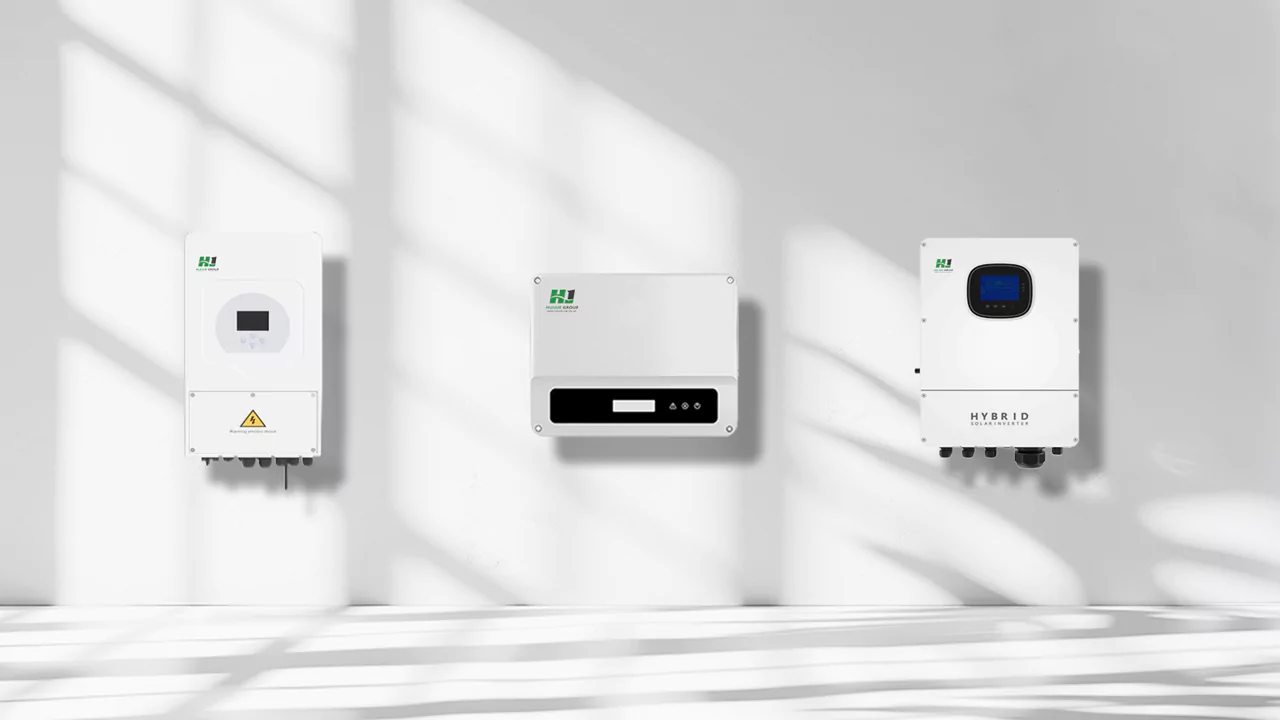
Solar energy in Ghana is still relatively expensive owing to high initial equipment costs, policy limitations, and infrastructural challenges.
First, High Equipment and Installation Costs
It involves a very huge upfront investment in solar panel systems, especially in Ghana, where almost all solar components used are imported, including solar panels, inverters, and batteries. The import duties, taxes, and shipping costs further push up the final price, so the initial cost sits higher compared to areas where these materials are either locally manufactured or subsidized. Equipment cost is high also, with limited local manufacturing capacity; almost everything, from panels to wiring, may have to be imported.
Second, Limited Financial Incentives and Subsidies
While other developed countries' policies involve government subsidies, coupled with tax incentives that help bring down the cost of installing solar panels, Ghana has not embarked on any strong policy initiatives to bolster solar adoption either at residential or business levels. With limited incentives for producers and consumers, such as tax credits, rebates, or subsidies, the full cost of a solar system often falls directly on the consumers. Although Ghana has enacted policy frameworks that encourage renewable energy, the pace of implementation has been very slow to ensure widespread adoption.
Third, Infrastructure and Maintenance Costs
Scattered or non-existent skilled labor and infrastructures that are put to work in maintaining the solar installations abound in Ghana. Maintenance will be one long running cost since finding spare parts or qualified technicians in less developed areas can be quite difficult and costly. Relatively small-scale solar systems translate to a lesser ability to drive down the per unit price for producing and installing solar systems through economies of scale.
Fourth, Grid Reliability and Storage Needs
Solar use depends on the reliability of the national grid. As solar is an intermittent source of energy-it depends on sunlight-battery storage systems are imperative in order to provide day-long power. Battery systems increase manifoldly the overall cost of solar installations. In the absence of large-scale investments in grid-level storages or backup systems, the end-consumers would have to invest in home or business-level expensive battery solutions, adding more to the initial cost barrier.
Finally, Economic Challenges and Financing Options
Most Ghanaian households cannot afford the high upfront costs of solar systems, and very few financing options are currently available. Although various micro-financing schemes and pay-as-you-go solar models are also emerging, they are not that common when compared with other regions and thereby making it quite financially prohibitive for the average household or small business to adopt.
Solar power can indeed be very reliable for Ghana as a source of clean energy, but the relatively high upfront costs, lack of local manufacturing, minimal government support, and further infrastructure needed pose huge affordability challenges. With policy reforms, investment in local manufacturing, and accessible financing schemes all playing important roles, it can be made much more affordable and widespread throughout the nation. As a provider of residential solar systems, commercial energy storage, and microgrid solutions, Huijue is committed to contributing to Ghana's solar industry by providing desirable and affordable products for the people in Ghana.



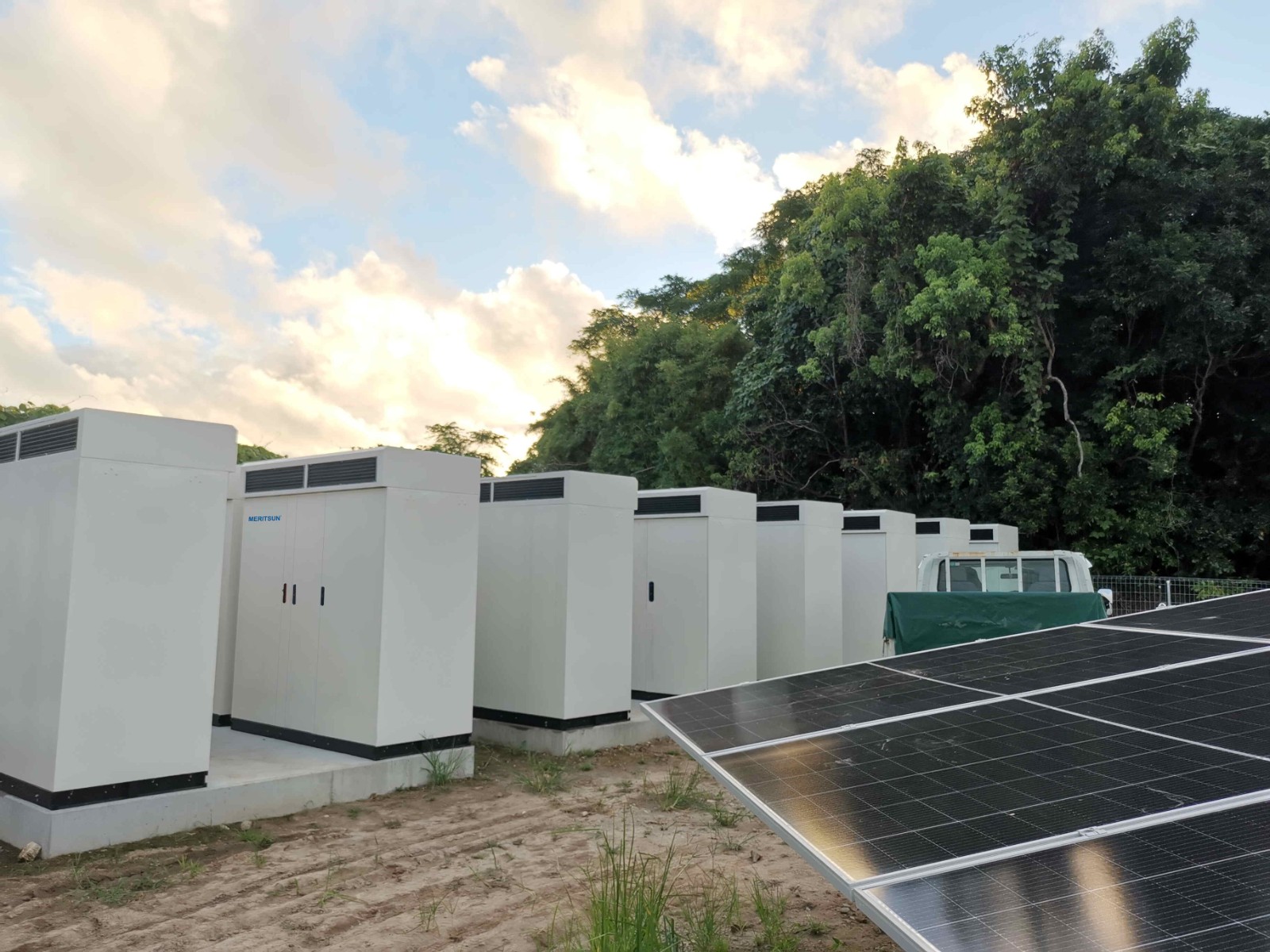
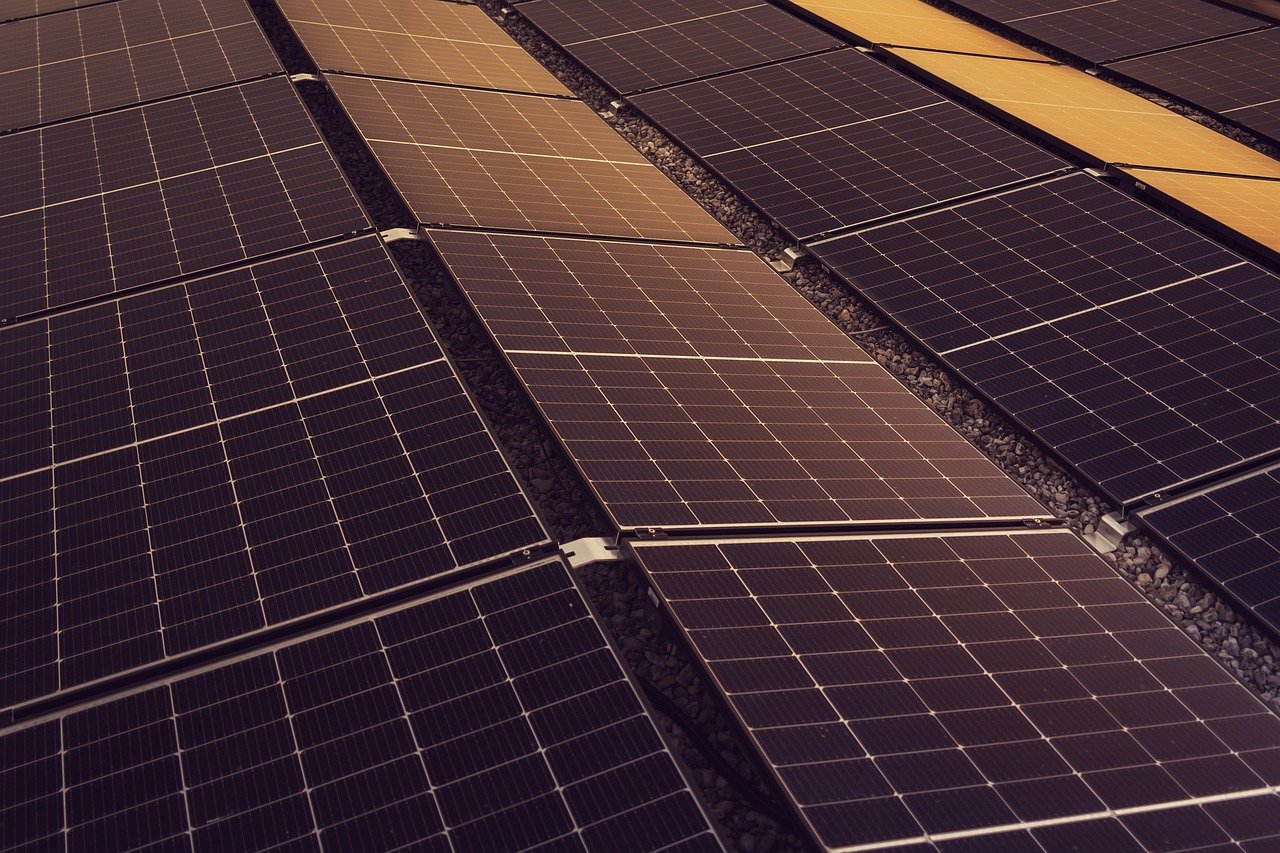
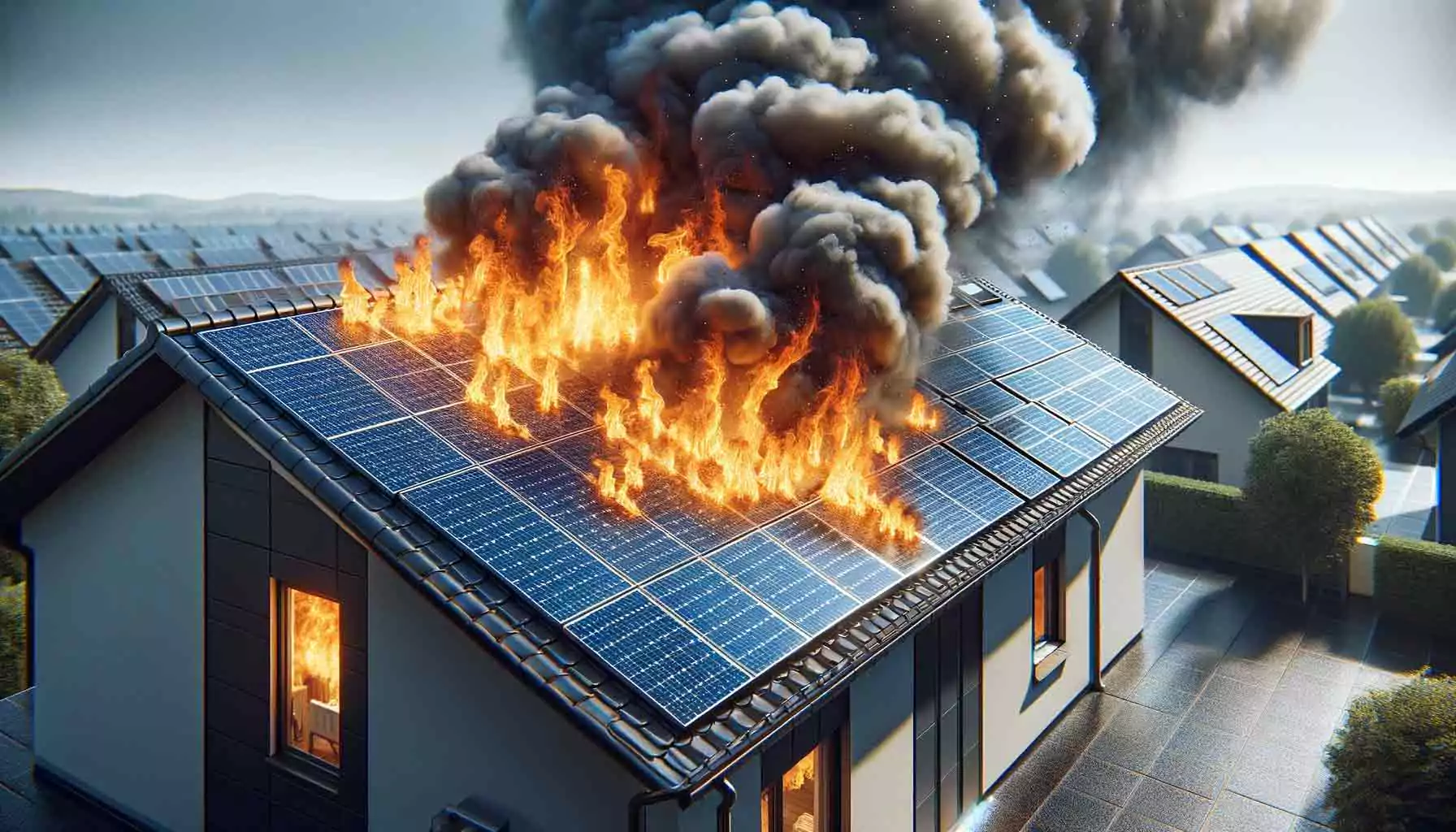

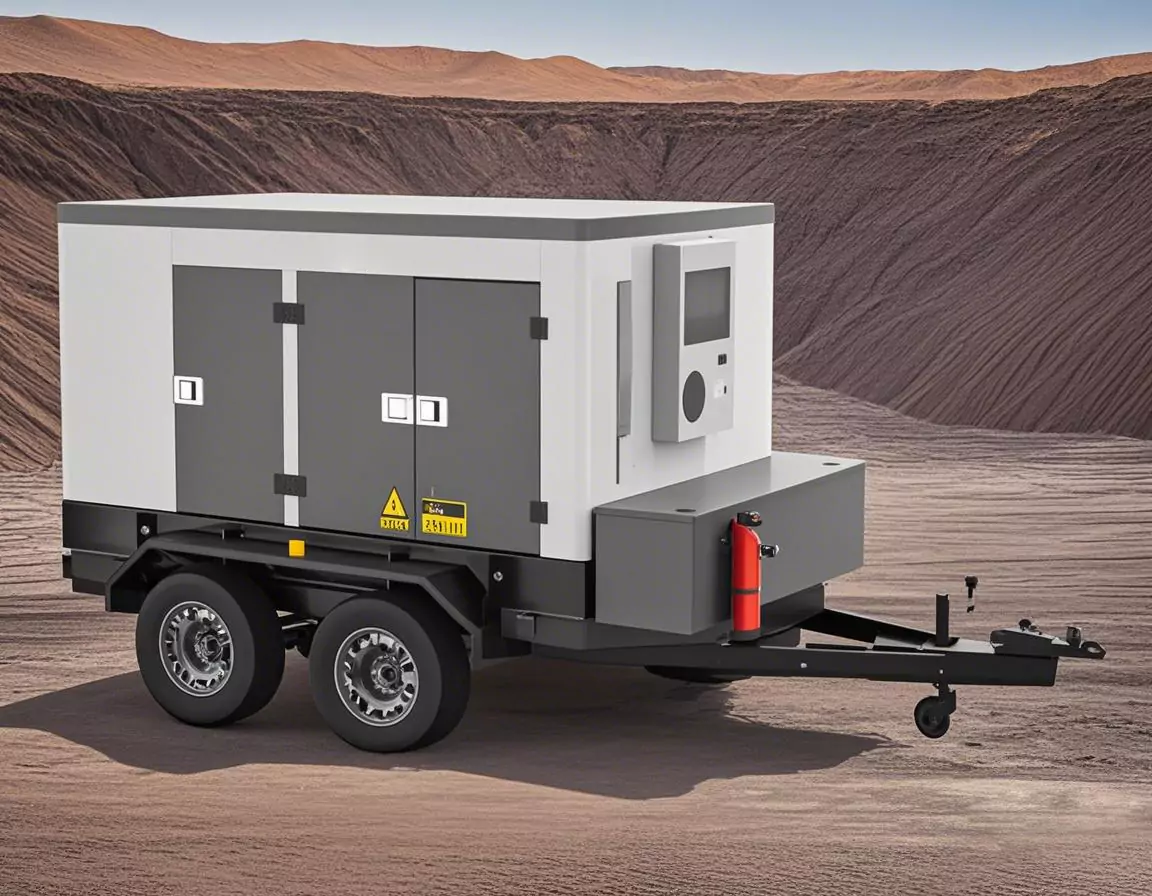
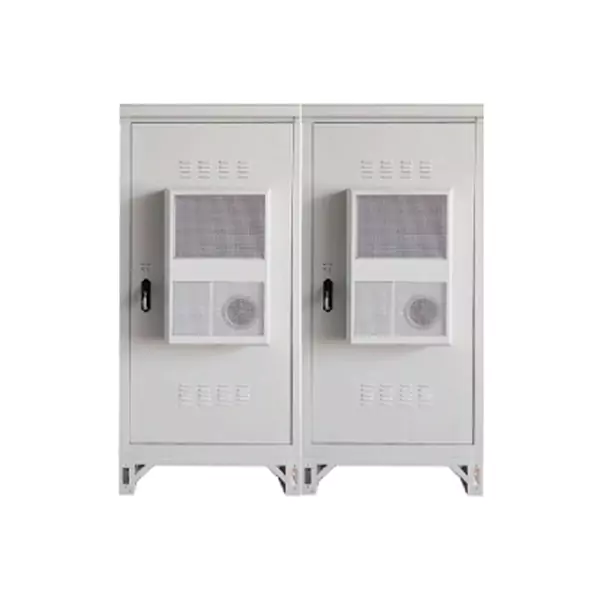
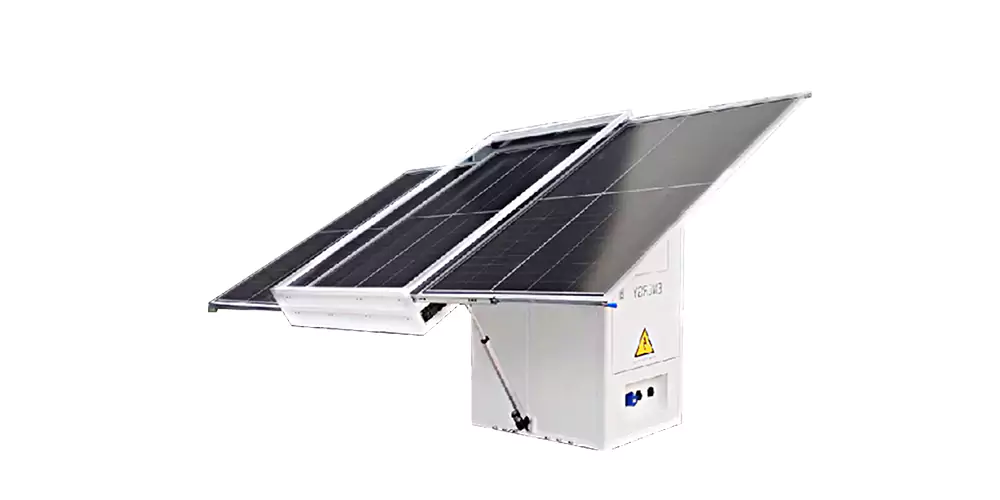
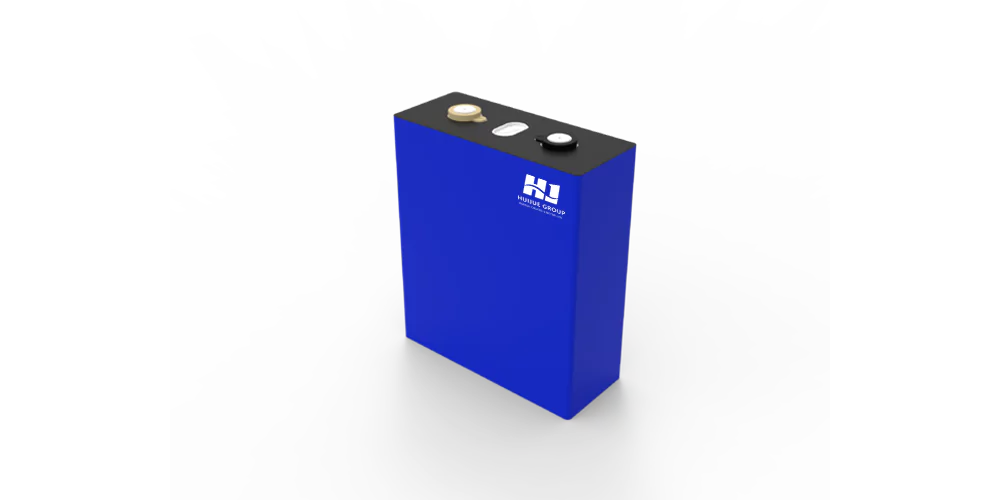
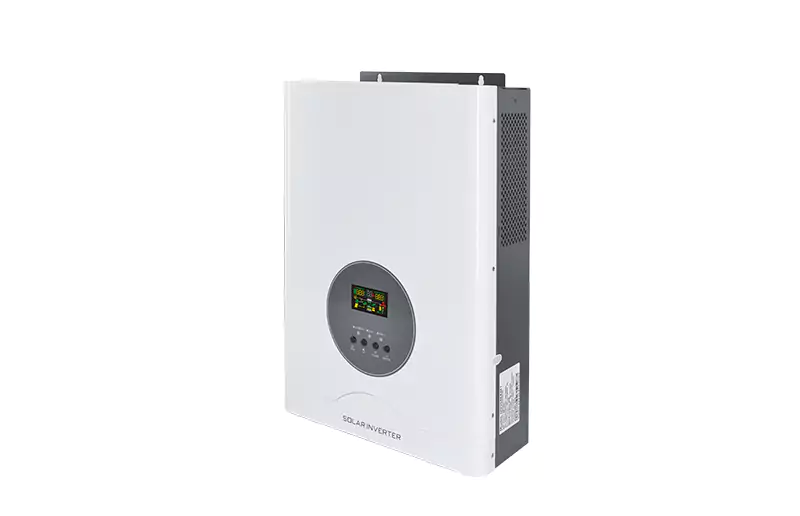
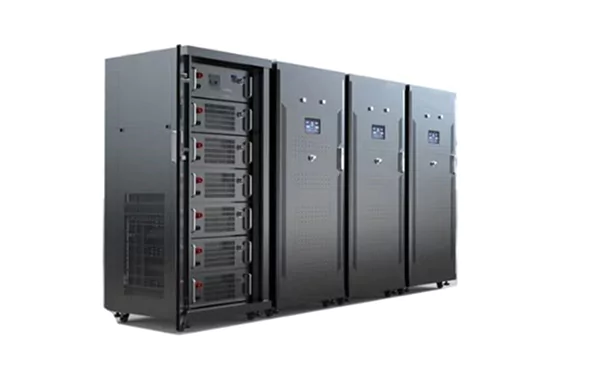
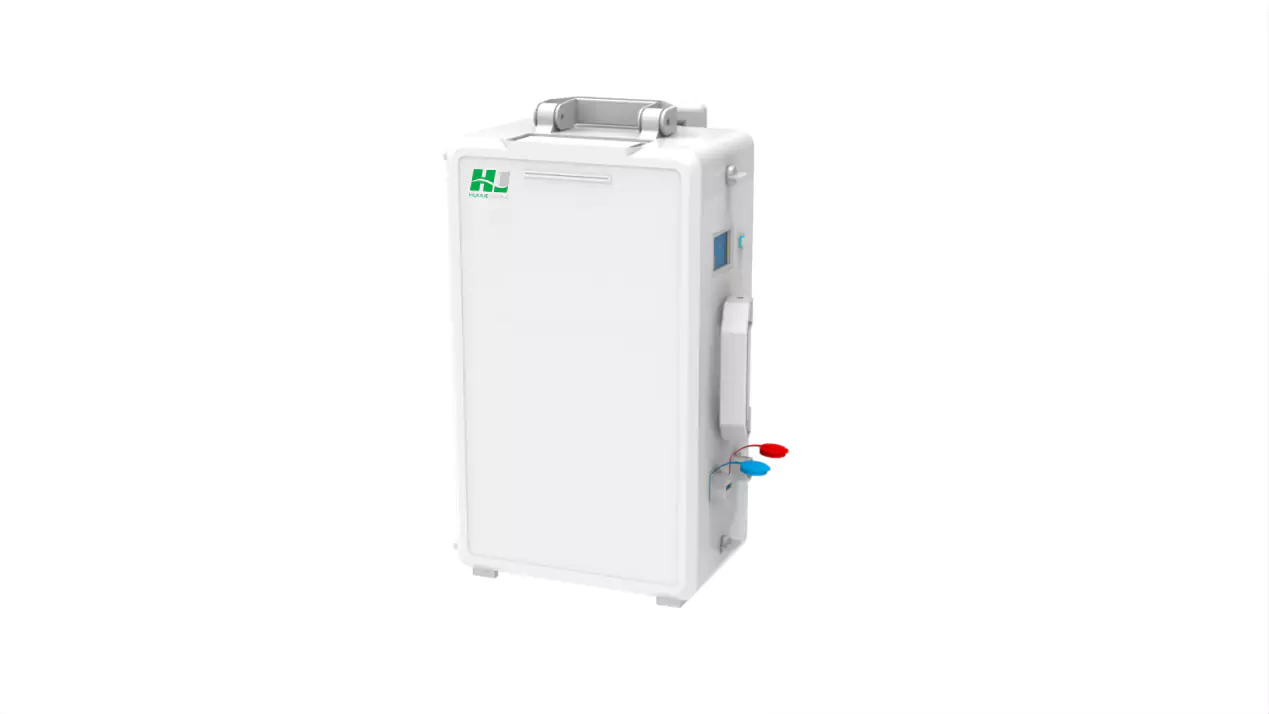
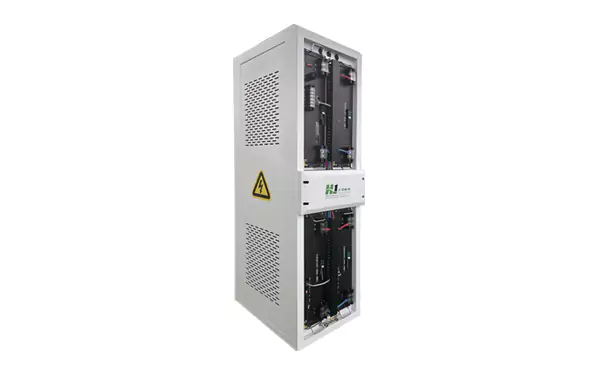

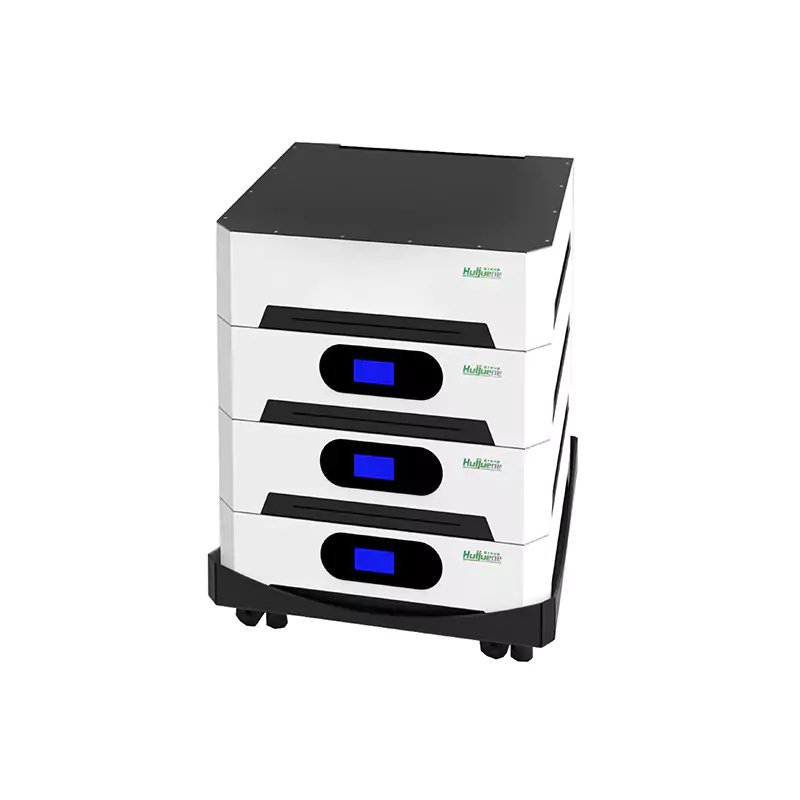
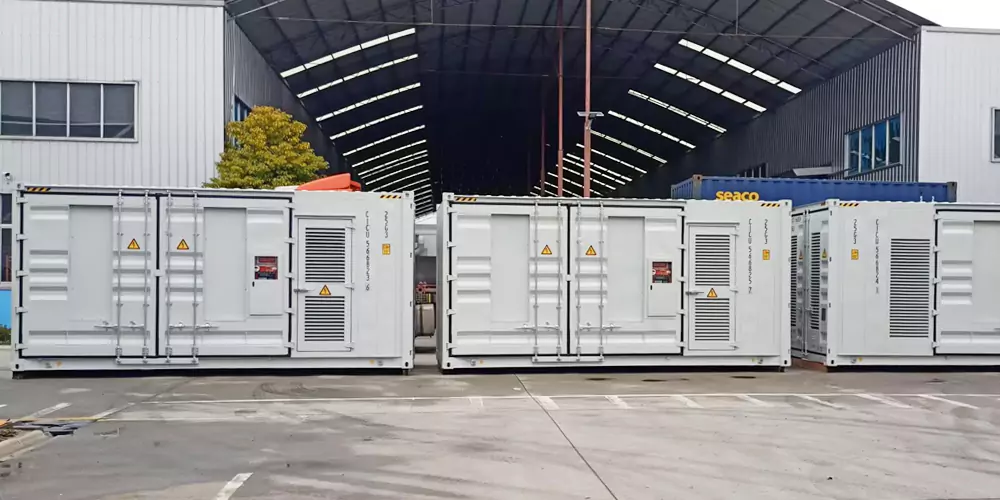
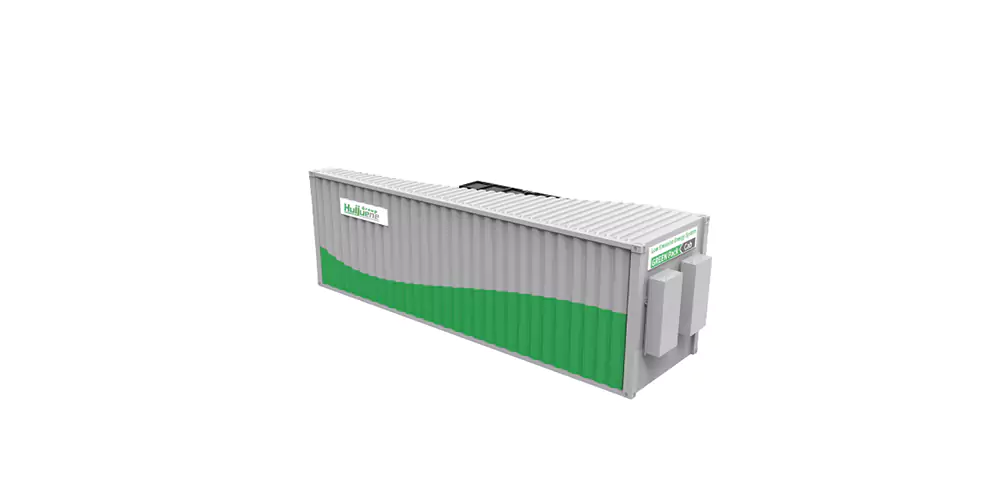
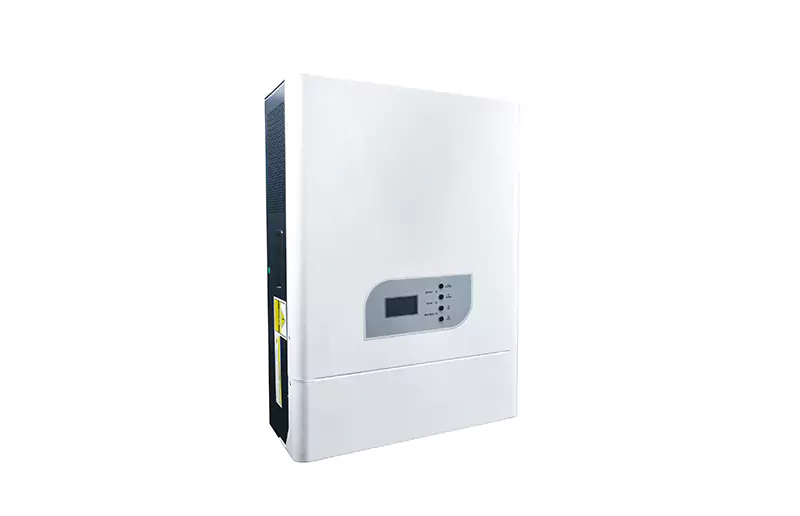
 Inquiry
Inquiry Online Chat
Online Chat